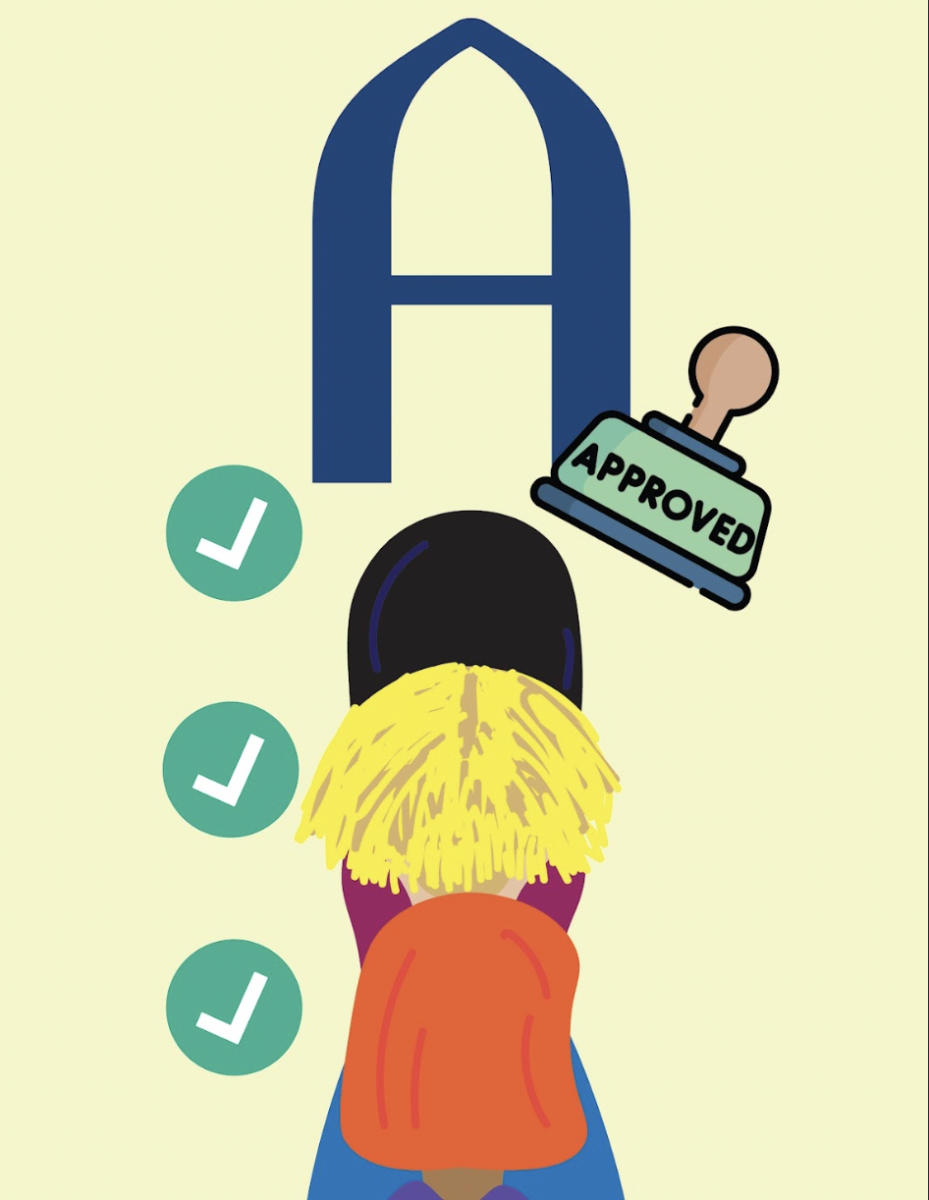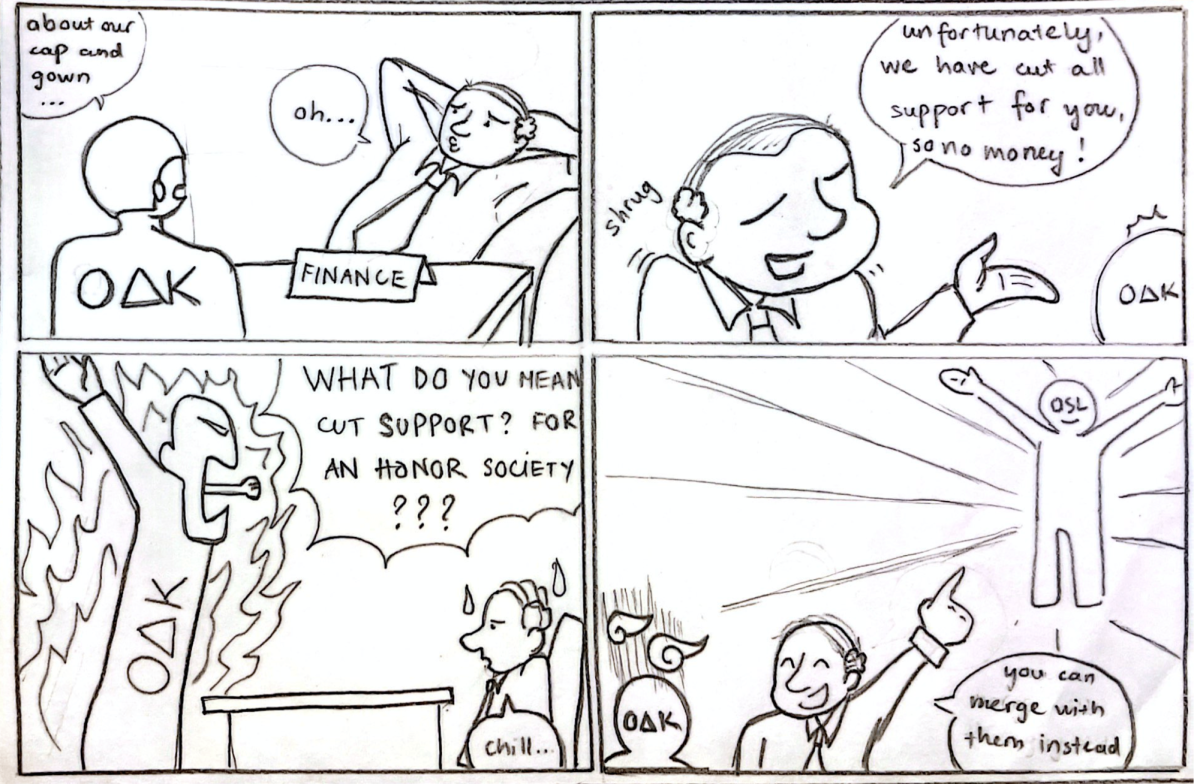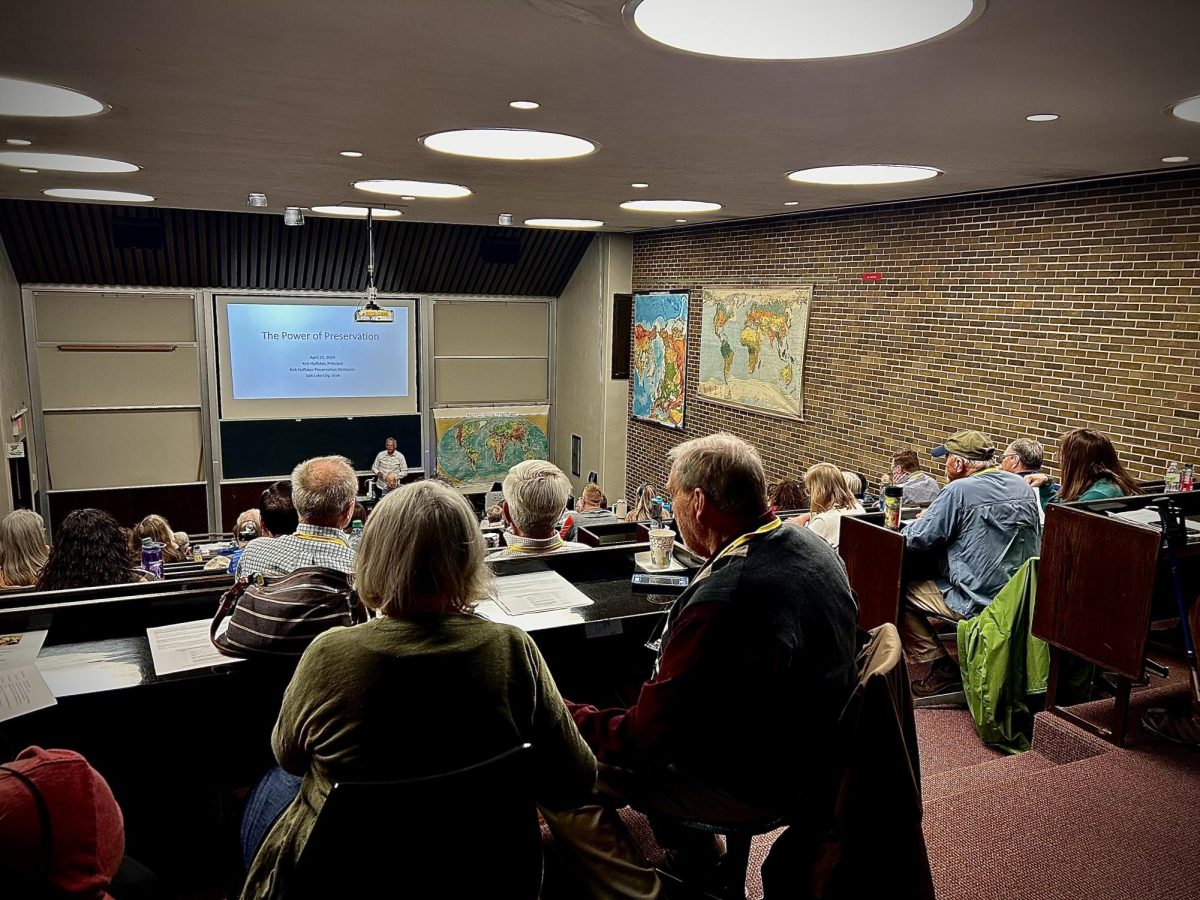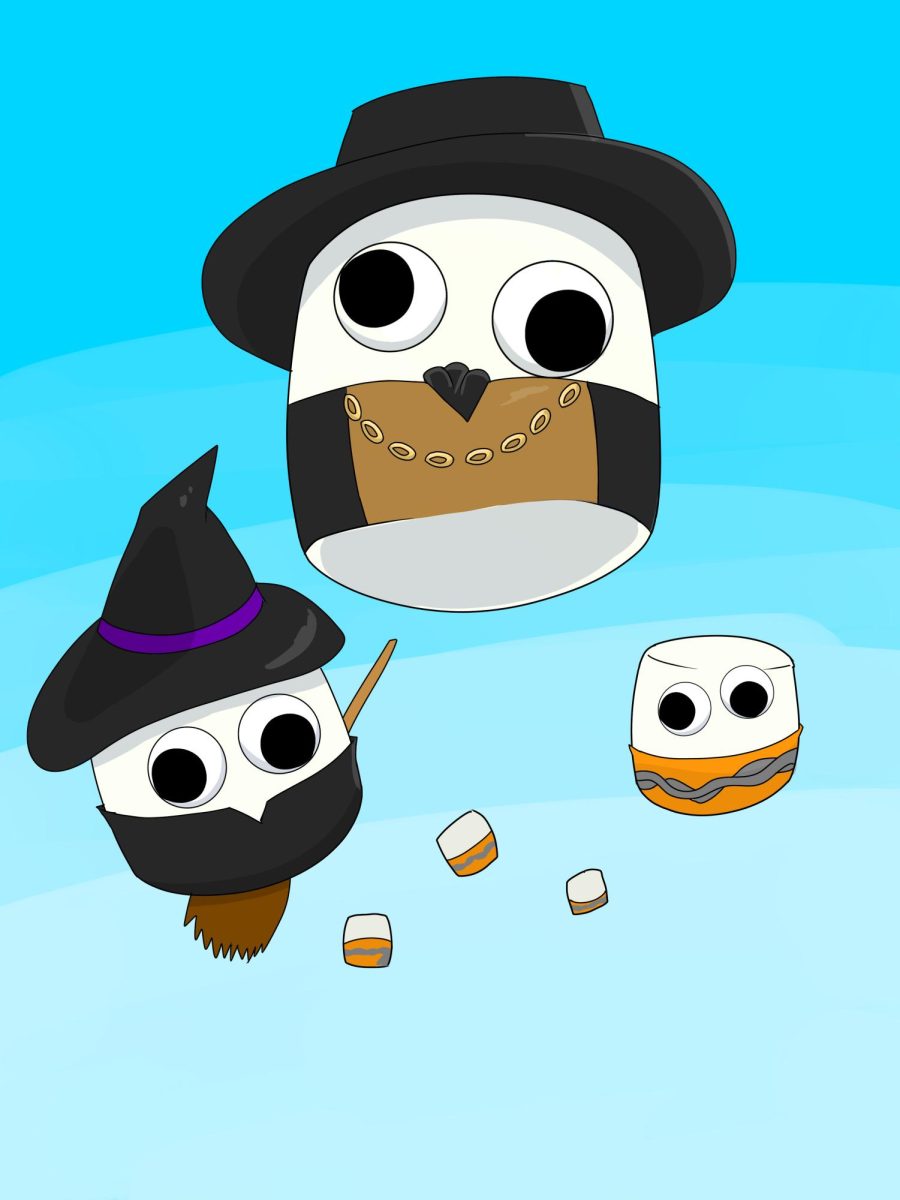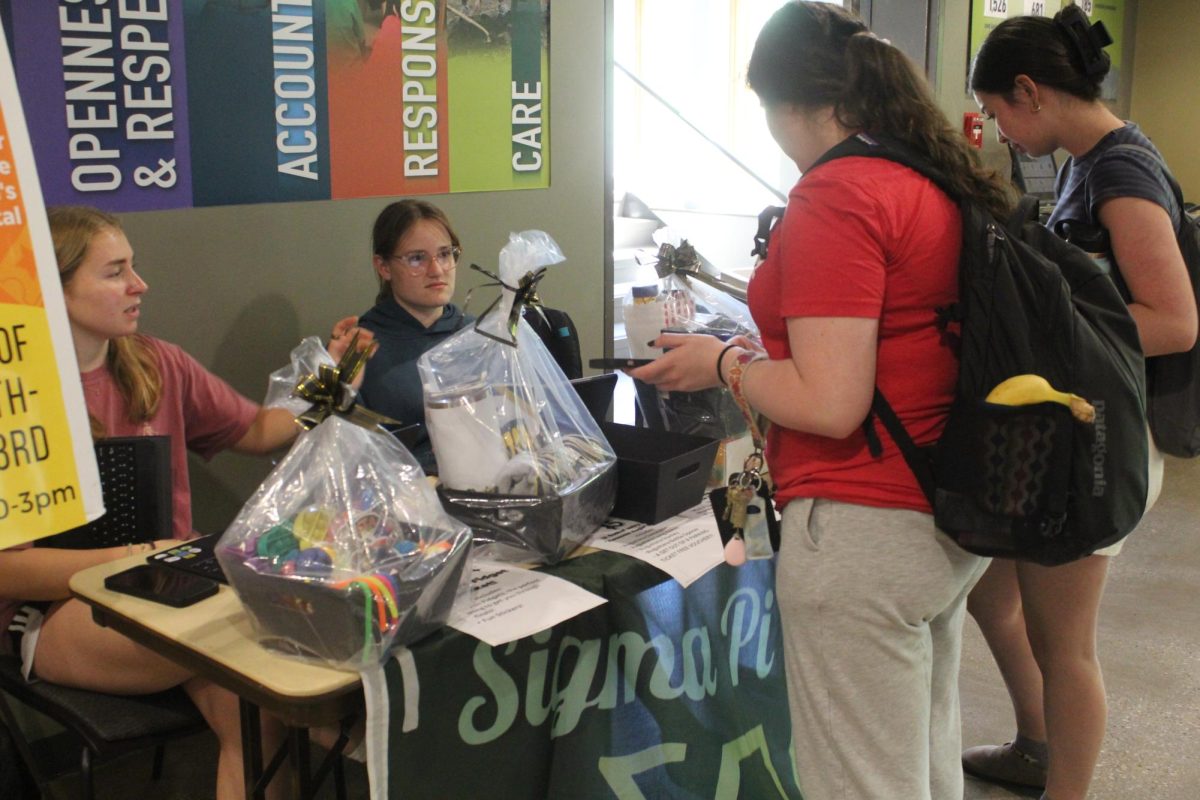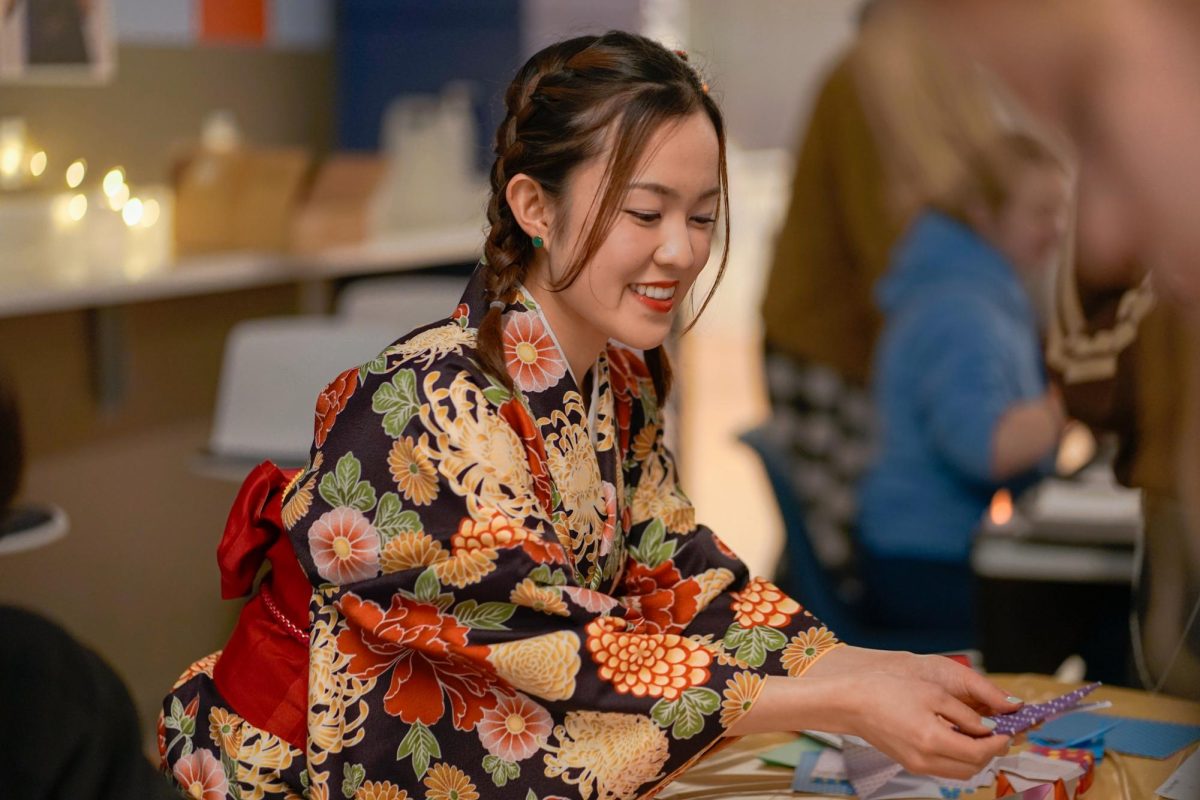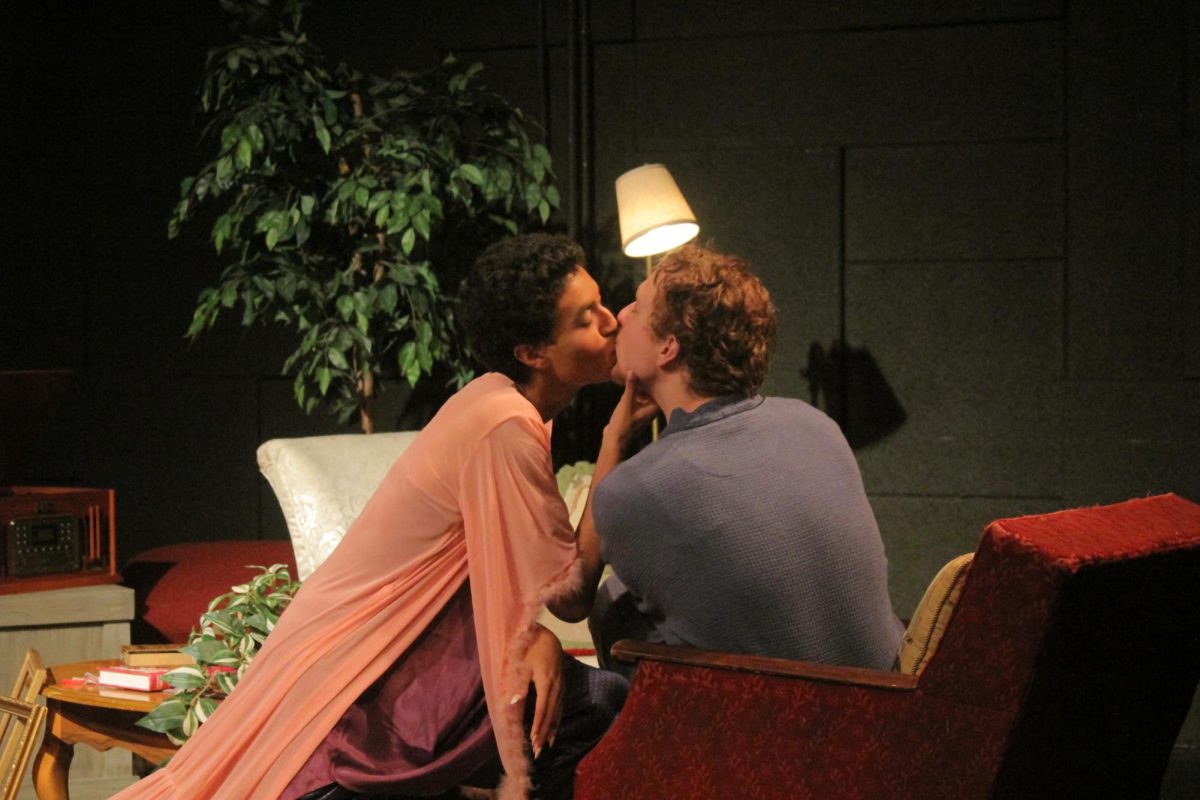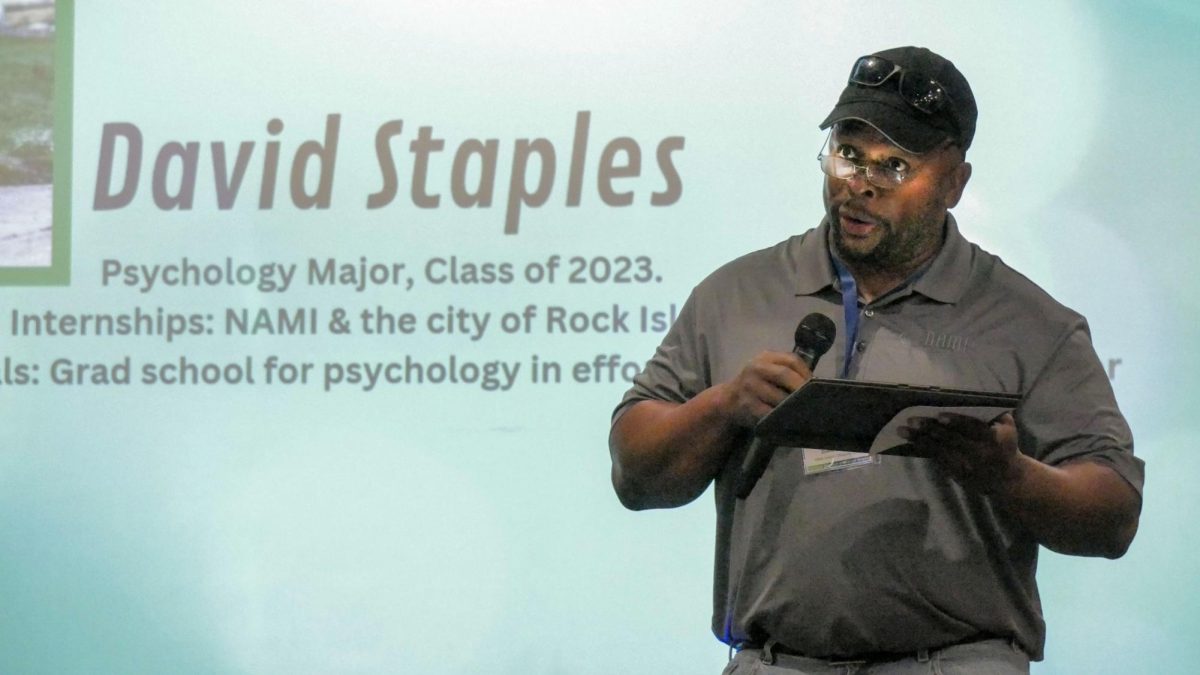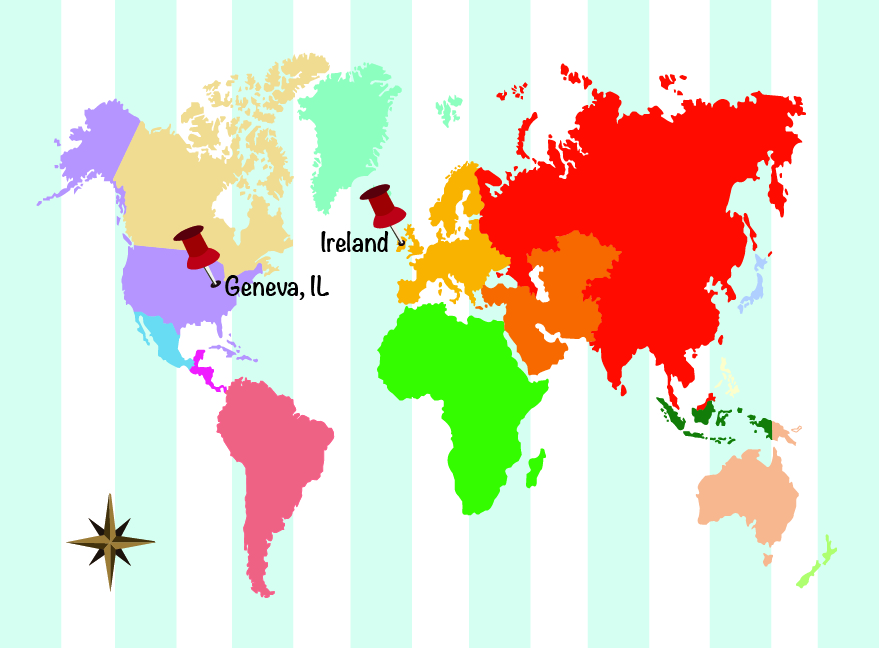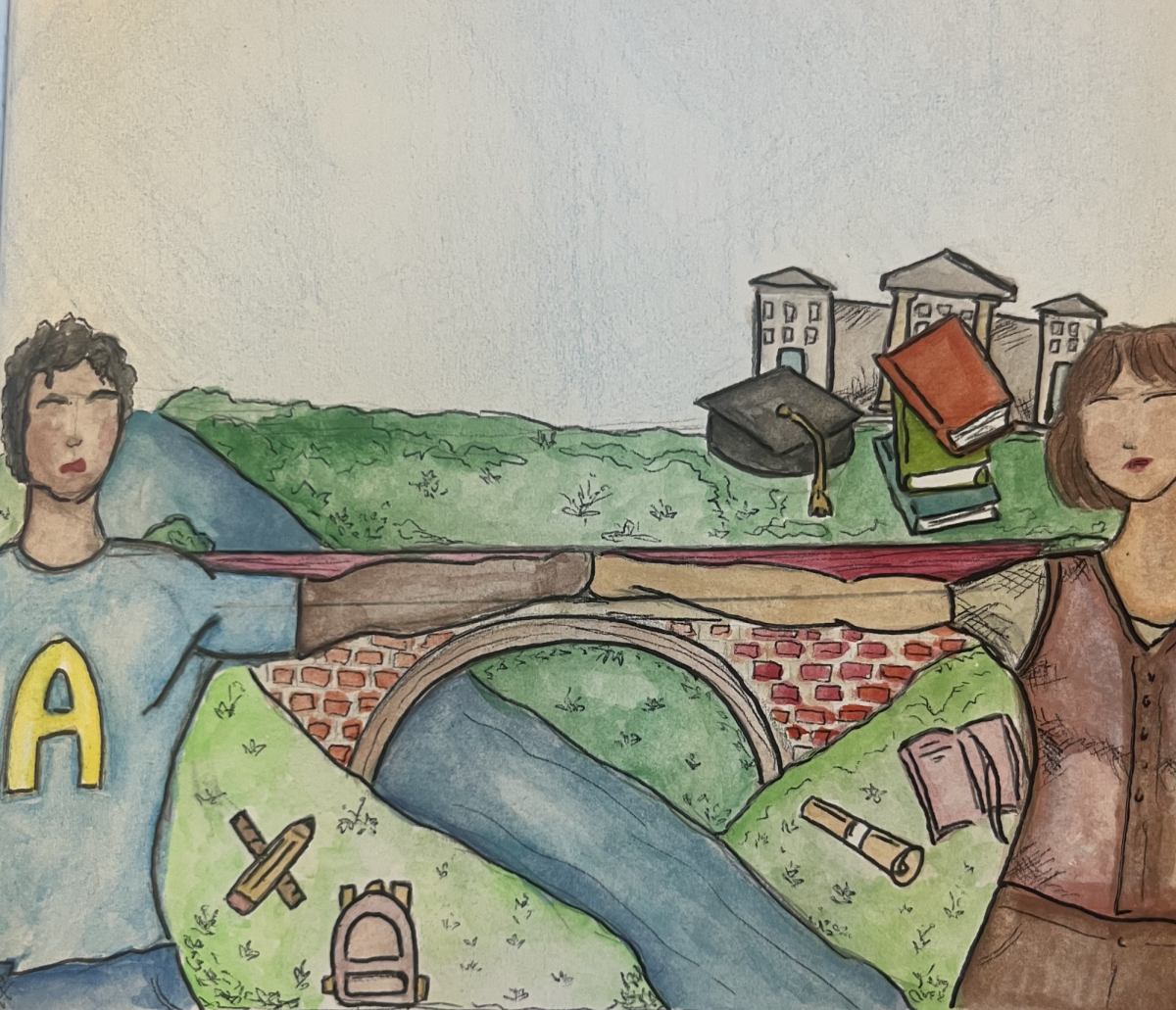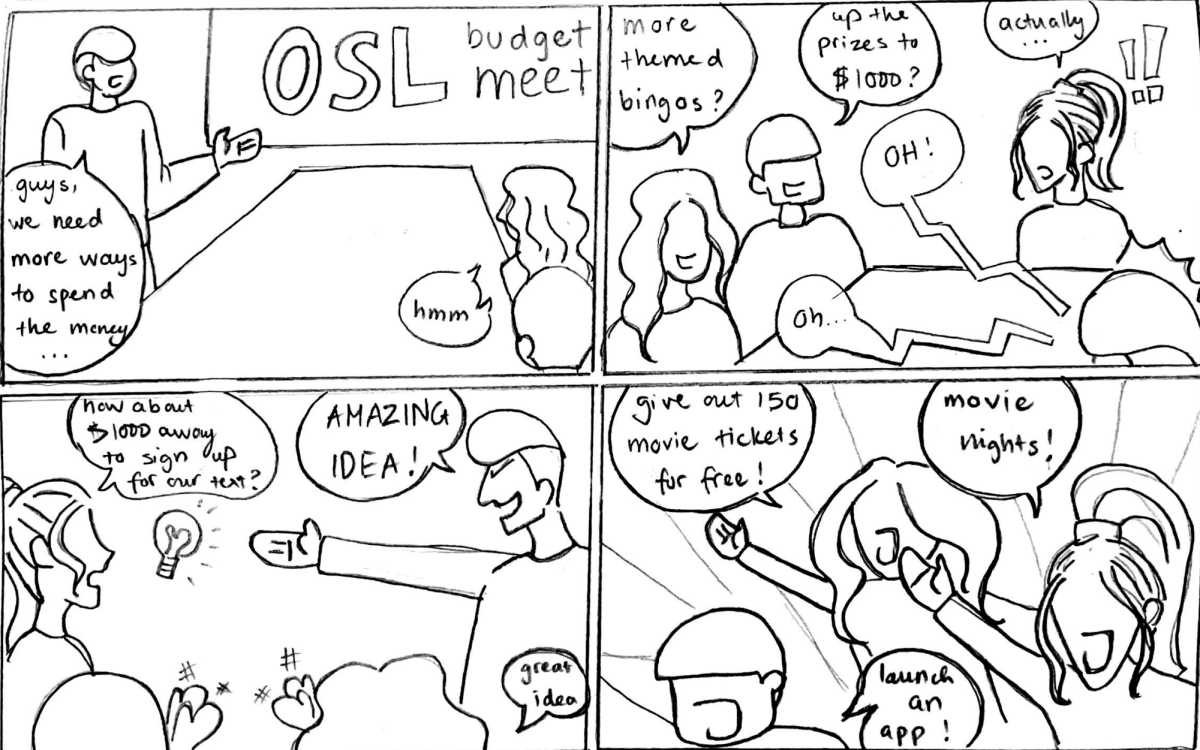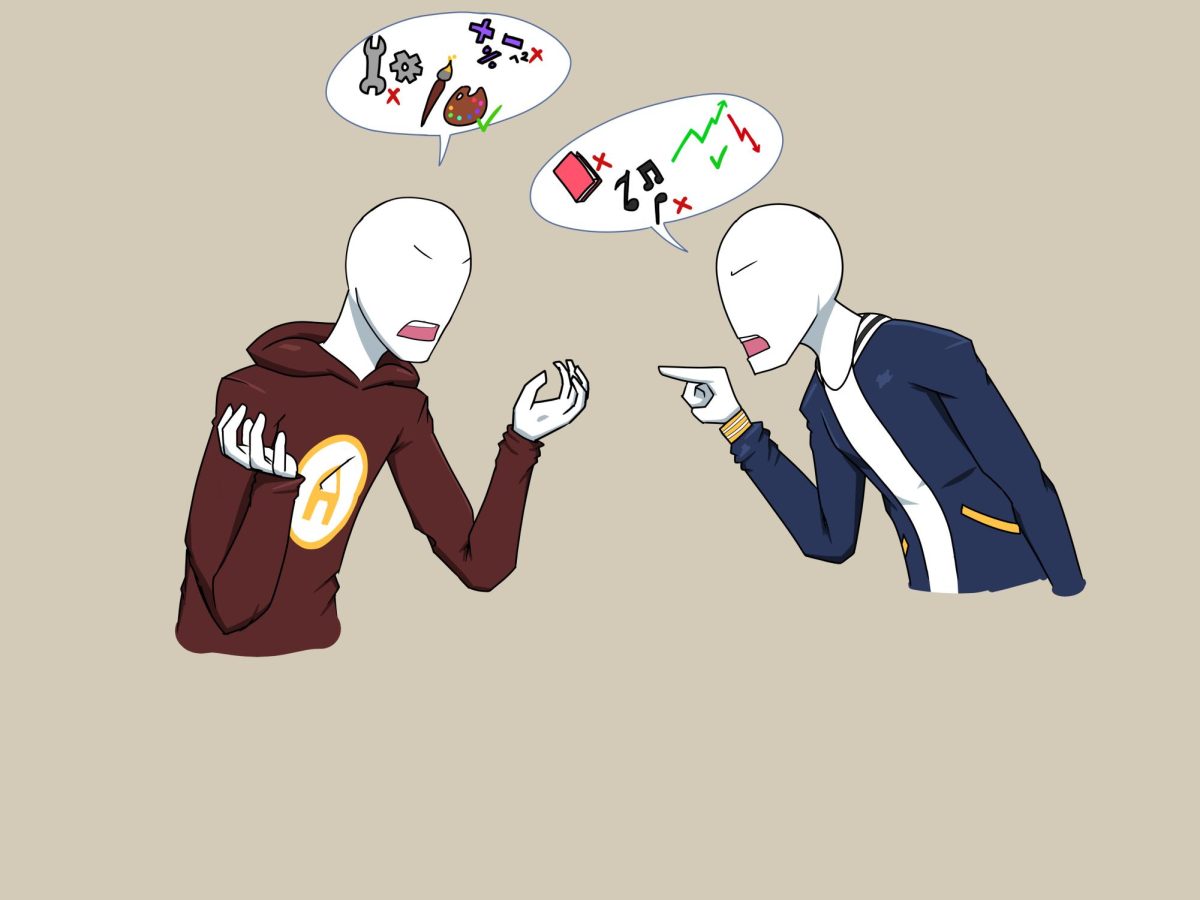You have probably noticed it as well…from the increasing appearance of scary decorations to the sales of candy at nearby drugstores, the signs all seem to signify one thing: “Spooky Season” and Halloween are here. With children dressing up for the holiday, you are likely to ask yourself the age-old question: am I too old for trick-or -treating?
While it’s true that college students still celebrate Halloween, you’re not very likely to catch any of them carrying around a bag from house to house, asking for sweets. “[The last time I went trick-or-treating was] probably my junior year of high school,” Alyssa Boisvert, senior, said.
For Boisvert, not going trick-or-treating is simply a result of moving to a new area for college. “It’s just hard to get around and you don’t know the neighborhood since you’re from out of town,” she expressed.
Loretta Dantuma, also a senior, has another reason for not partaking in the holiday tradition: “I just got really busy and just had like a regular Halloween party with my friends instead.”
While neither of the students directly stated age as the thing that prevented them from trick-or-treating, it’s easy to see that it is the by-products of growing up – like going to college or getting busier – that stopped them. This raises the question of whether trick-or-treating is something with an expiration date.
Although there is no federal law determining the cutoff age for wanting to wear costumes and demand candy on Oct. 31, it seems most people stop trick-or-treating somewhere between the ages of 12 and 16. Some places have taken this notion to the extreme, putting out laws that ban people over a certain age from participating in the activity. For the city of Chesapeake, Virginia, people over the age of 14 are not allowed to go trick-or-treating, whereas a northern New Brunswick community in Canada sets the limit at 16 instead.
No matter the differences in the details, laws like these have all resulted in public outcry and ridicule on social media.
“I hate that,” Dantuma said. “I think as long as you’re just doing it in the spirit of Halloween and for fun with friends and you’re not trying to hurt anybody or be mean about it, go for it.”
Interestingly enough, the perception that trick-or-treating is a childhood activity might have gone all the way back to the formation of the holiday.
According to professor Adam Kaul of the anthropology, sociology and social welfare department, the modern Halloween that we are familiar with is derived from the English ceremony, Guy Fawkes Night.
“Children go door-to-door for the preceding month asking for ‘pennies for the Guy.’ Then they make papier-mâché effigies of Guy Fawkes and burn them in bonfires on Nov. 7. The British brought these traditions with them to the Americas,” stated Dr. Kaul in an email interview to the Observer.
Trick-or-treating probably grew out of this tradition, swapping out pennies for candies in the process but still keeping children as the main participants.
Despite people’s negligence of trick-or-treating as they grow older, Halloween itself is still very much popular and celebrated among all age groups.
“If you’re thinking about trick-or-treating, I would say that most people think that it’s for kids, but if you’re thinking about Halloween as like the holiday in general, I feel like a lot of people think that Halloween is for everybody just because you have all the Halloween parties that happen in college and after college,” Dantuma said.
It’s true that even without trick-or-treating, college students still find ways to express their festivity during Halloween and celebrate the holiday. “I’m sure they go out and have Halloween parties,” Boisvert said. “The past couple years, since I’m in Disney Club, we’ve been having Halloween parties. Or I’ll just hang out with my friends and watch Halloween movies like ‘Halloweentown’ or ‘Hocus Pocus’ or things like that.”
Unfortunately, there are some serious mistakes people can make while out having fun on the holiday. “While [Halloween] is really interesting historically, and a really fun modern tradition, we need to be cautious about how we celebrate it today,” Kaul said.
“America also has an unfortunate history of white folks performing minstrel shows and putting on ‘Black Face,’ and unfortunately this kind of thing is still done sometimes during [Halloween] even today… People also seem to feel free to dress up as Native Americans without understanding (or without caring) that this is deeply hurtful to Native American people.”
Recognizing the potential issue, The Office of Student Inclusion and Diversity at Augustana College recently had a dialogue titled My Culture is not a Costume. The office aimed to educate students about cultural appropriation, how it harms cultural groups and how students can avoid doing anything regrettable regarding cultural appropriation.
As for Kaul, he shared the following advice to people who will be dressing up for this year on Halloween: “There are so many great ways to dress up for [Halloween] without doing something really insensitive. My advice is to stick with the classic origins of the tradition and dress up as a fantastical beast, a monster, ghoul, witch or a ghost.”
